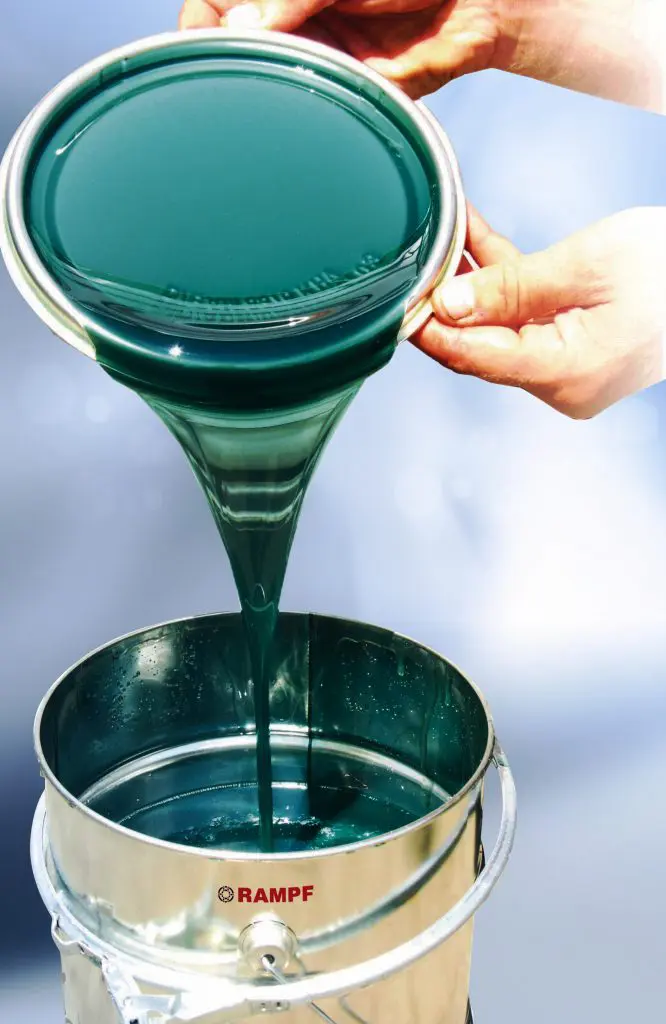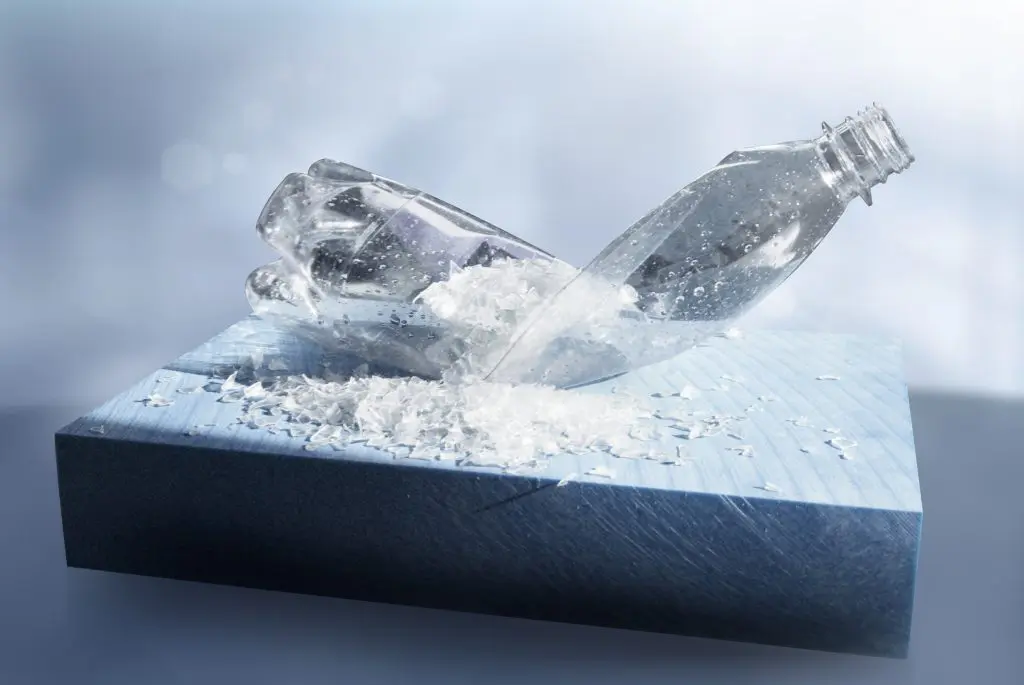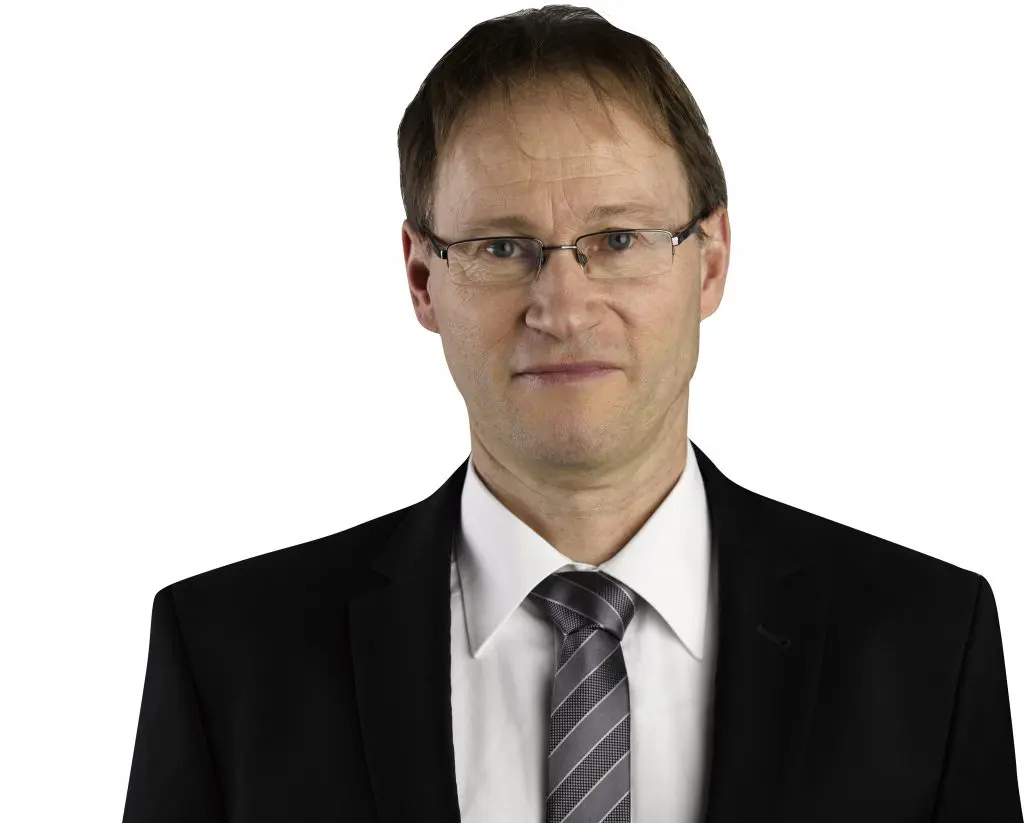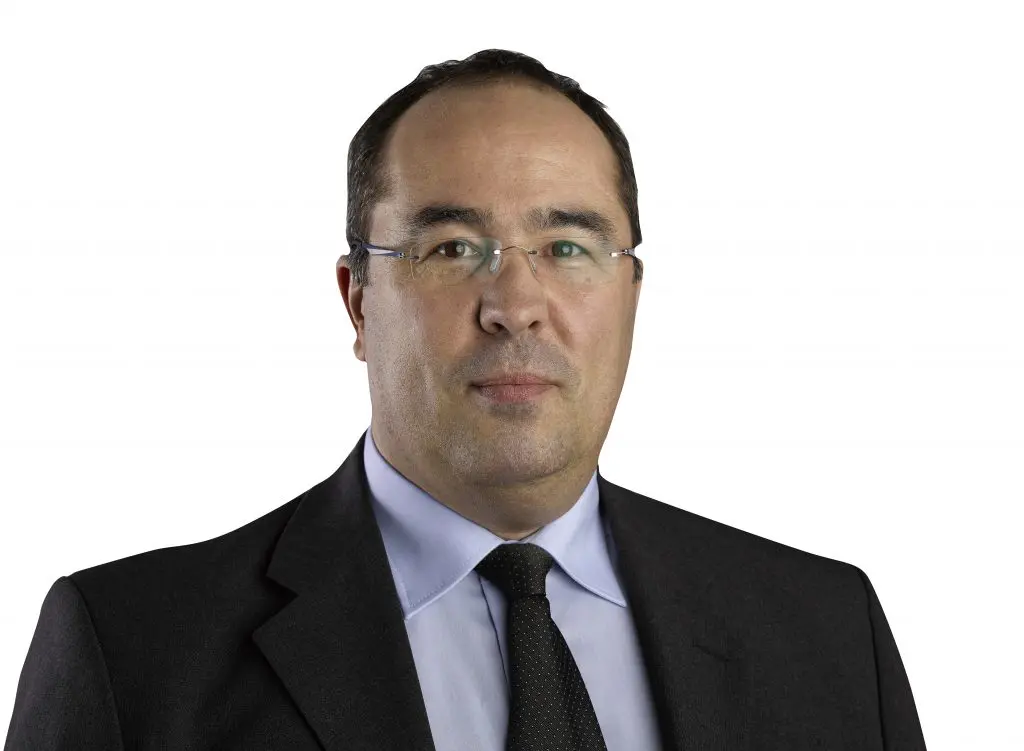Michael Kugler and Marco Werth of RAMPF Eco Solutions have devoted their professional lives to developing chemical solutions for the manufacturing of high-quality alternative polyols.
‘A couple of years ago, some might have said I sound too emotional when describing my job; however, things have changed,’ says Marco Werth. Why? Because higher temperatures, more droughts, warming oceans, shrinking ice sheets and rising sea levels, as well as the global plastic waste crisis, have radically altered the public debate. ‘Today,’ he explains, ‘when I say that I see it not just as my job but as my duty to take care of our planet for future generations, most people agree with me, especially if they, like me, have children.’
For more than 20 years, Werth has dedicated himself to chemical recycling and to marketing the benefits of alternative polyols based on polyurethane (PU) waste materials – first at Regra Kunststofftechnik GmbH and then as director of marketing & sales at RAMPF Eco Solutions, which bought Regra’s “ecosystems” business segment in 2003.
Chemical building blocks

At RAMPF Eco Solutions’ headquarters in Pirmasens, Germany, two of Europe’s largest multi-functional plants manufacture tailored polyols from PU waste materials or PET/PSA using solvolysis (glycolysis, acidolysis and polyolysis) on an industrial scale. Following recycling by RAMPF or other PU system houses, the resulting basic polyols are reintegrated into the customer’s production process.
‘The recycled polyols are of the highest quality and less expensive than primary polyols,’ Werth notes. ‘By using so-called alternative polyols, customers also reduce their disposal costs and consumption of petrochemical raw materials. More and more relevant in the past couple of years is the reputational gain achieved by using chemical recycling. Sustainability has become a key decision-making criteria for many companies, not least because of legislative measures in the EU.’
Used in mattresses and car seats
RAMPF Eco Solutions also formulates PU systems based on its own polyols. These systems, derived from waste and alternative raw materials, are as versatile as polyurethanes based on new polyols and used in, for example, flexible foams (mattresses, car seats, office furnishings), rigid foams (insulation materials), semi-integral foams (shoe soles, armrests, cushions) and rigid integral foams (housings, trims). In addition to PU recycling, chemical processes have also been developed that enable PET/PSA, other polyesters (PLA, PC, PHB), and renewable or bio-based raw materials such as vegetable oils to be used as raw material sources for the manufacture of alternative polyols.
Fascinated by chemistry
The driving force behind this chemical process is Michael Kugler – a true figurehead of Germany’s chemical recycling industry. After studying chemistry at the University of Applied Sciences in Aalen, he joined Regra in 1992 as laboratory director. When RAMPF took over, he was appointed director of operations and laboratory.
‘Chemistry continues to fascinate me,’ says Kugler. ‘By studying raw materials and how they work and interact, ingenious products are developed that shape our everyday lives. The chemistry and associated processes we work with here in Pirmasens are particularly interesting, as the focus lies in turning waste into high-quality feedstock.’
Close co-operation with customers is crucial to success and a reason Kugler enjoys his job so much. ‘New raw materials, new process technologies and customer input are the main drivers of R&D,’ he explains. ‘With raw materials, for example, this could be new monomers based on renewable raw materials. We test if they are suitable for the manufacture of new alternative polyols with specific properties. New process technologies, meanwhile, offer the possibility of producing purer, higher-quality end products.’
Embracing waste opportunities
RAMPF Eco Solutions’ polyols are tailor-made for customers, necessitating a high level of R&D because waste materials are more complex than other feedstocks. ‘Waste is the raw material of the future, which is why extensive basic research is necessary to use this potential more intensively,’ says Kugler. ‘We have to continue to invest in our R&D capacities and further expand our project co-operation with universities and research institutes.’
Participation in funded research projects is an effective way of working on the development of new products and processes. For example, RAMPF Eco Solutions has been involved in URBANREC, a pan-European project focusing on valorization of bulky waste, and is currently part of ICEBERG, which targets circular economy-based solutions for producing high-value materials from construction and demolition waste.

Customized plants
RAMPF Eco Solutions also designs and builds customized multi-functional plants for customers planning their own on-site manufacture of alternative polyols based on PU residues, PET/PSA, polyesters and biomonomers. The polyols meet the highest quality requirements and can be fed directly back into the production process, significantly reducing raw material, transportation and disposal costs.
‘This offer is unique in the industry,’ notes Werth. ‘By combining our many years of experience in developing chemical solutions and industrial plant construction, we build the plant and offer our customer comprehensive and professional support – from development through to commissioning.’
In 2017, one particularly interesting project took the two long-time colleagues to Dubai to commission a plant for a leading insulation technology supplier to enable it to manufacture alternative polyols from its own PU/PIR waste materials. ‘The temperature in the hall in which we worked on the plant climbed to a blistering 52°C’, Werth recalls. ‘Fortunately, the sweat paid off as the customer is fully satisfied with our technology.’
Plastics here to stay
Kugler and Werth are calling for more ambitious policies regarding chemical recycling. ‘Plastics won’t go away; there are so many products made of plastic that are essential to our lives,’ says Kugler. ‘Therefore, plastic waste will remain a topic, despite efforts to improve product design and product use.’
He continues: ‘Recycled polyols exhibit excellent characteristics and very high quality, so they can be used in various ways, including high-tech applications. Marco and myself, as well as our colleagues at RAMPF Eco Solutions, are looking forward to further improving existing technologies and working on new solutions so that more plastics can be recycled more effectively. This way, we are making a significant contribution to a more sustainable, cleaner and healthier future.’ www.rampf-group.com

director of operations & laboratory

director of marketing & sales
Don't hesitate to contact us to share your input and ideas. Subscribe to the magazine or (free) newsletter.



